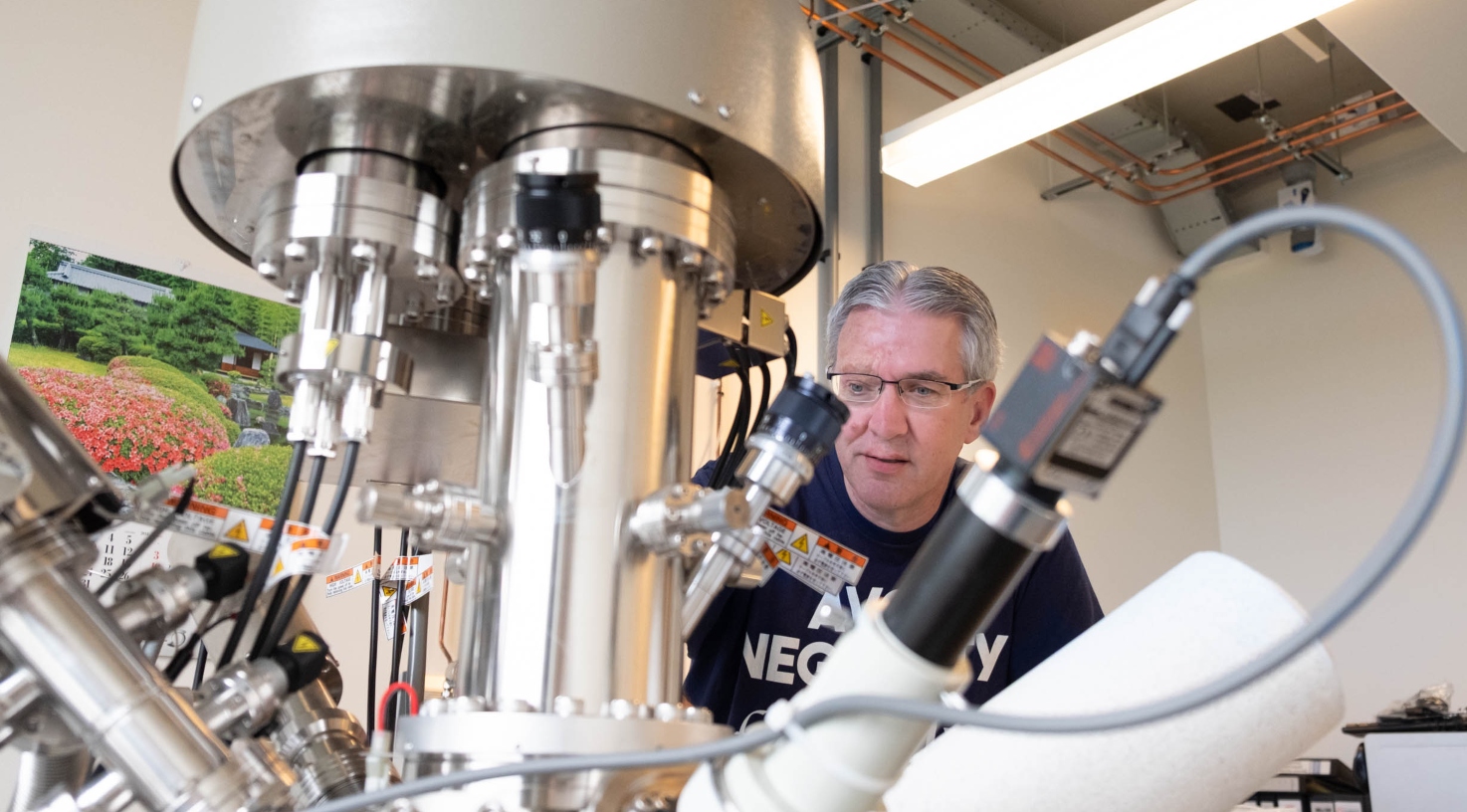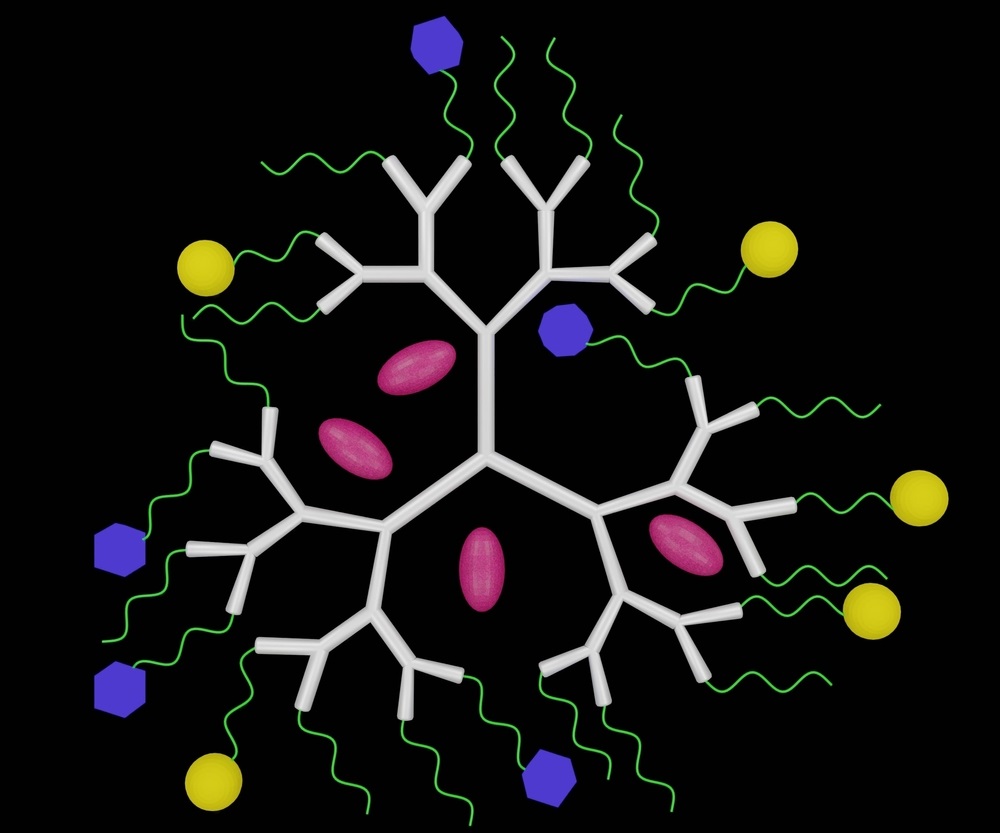He went to China for development work in the field of chemistry. It resulted in a high-level grant of 13 million euros. The money will be put towards the development of new materials to make electric vehicles more energy efficient. And it provides his chair group with seven sandwich PhDs.
It is not the first sabbatical of Professor of Organic Chemistry Han Zuilhof. He had previously done sabbaticals at renowned institutes such as Stanford University and the Weizmann Institute of Sciences. But these sabbaticals served mainly to enhance his own knowledge and skills. This time, he chose a different approach in China.
Contribute
‘I did not want to go to China’s Stanford. I could have because I have excellent contacts in China. But that would provide me with some more knowledge on particular topics, perhaps enabling me to publish a few papers. I wanted something different. I wanted to contribute, to give instead of take. There is some idealism there. Through my contacts, I chose the University of Jiaxing, a city near Shanghai.
I went there to help young employees of the Chemistry and Materials Science division
Han Zuilhof, professor of Organic Chemistry
Tijdens zijn verblijf werd hem gevraagd een voorstel te schrijven voor een Top Talentbeurs van de provincie Zhejiang. ‘Die grantis een soort holy grail. De competitie is zeer groot en normaal gesproken zou hen dat nooit lukken.’ Zuilhof nam de uitdaging aan. Het onderwerp werd vastgesteld, het voorstel uitgewerkt en de beurs werd daadwerkelijk binnengesleept.
Electric vehicles
Zuilhof is to ‘develop materials capable of doing what has hitherto been difficult’. Direct current from batteries in EVs is currently transformed into alternating current for the vehicle. This transformation and driving the motor generates a lot of heat. Zuilhof: ‘The materials that are currently being used can’t handle that heat and must, thus, be cooled. As a result, part of the generated electricity goes towards cooling and is not used for motion.’
Part of the generated electricity goes towards cooling and is not used for motion
Han Zuilhof, professor of organic chemistry
‘It would be great if we could develop heat-proof materials’, Zuilhof continues. ‘That would mean the cooler is no longer needed.’ In developing such materials, Zuilhof draws on his expertise in the domains of polymers and click chemistry. Seven PhDs will work on this development in Wageningen.
Success
Jiaxing University ranks around 200 among the approximately 1400 (!) Chinese universities, according to Zeilhof. ‘I went there to help the young employees of the Chemistry and Materials science department. Not so much in terms of knowledge but more methodology.’ The project as a whole offers the Chinese university ample room for expansion, says Zuilhof. ‘In total.’ Some one hundred people are involved in the project. It is a phenomenal success. A great project that includes all aspects of science: fundamental science, applicability and application and international collaboration. The project will elevate the whole university.’

 Photo Guy Ackermans
Photo Guy Ackermans 

